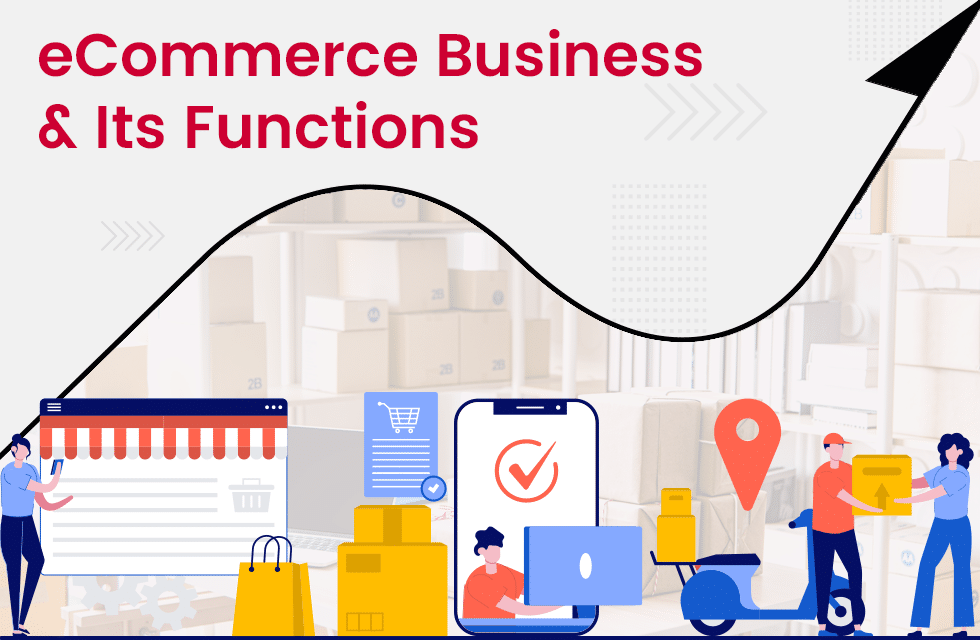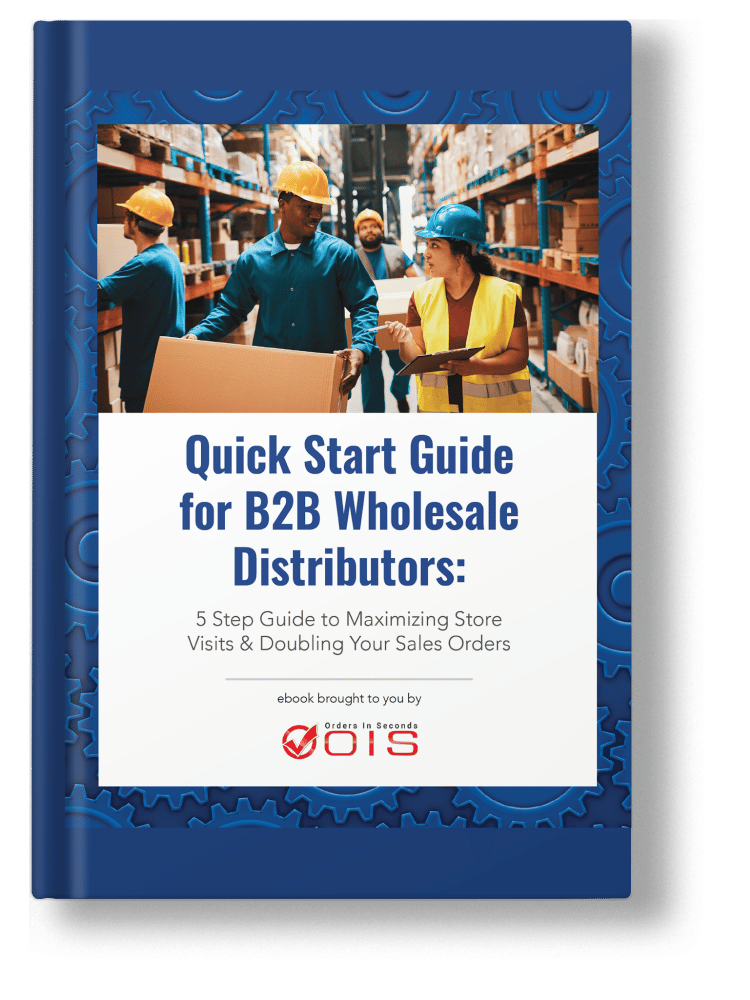In today’s digital age, eCommerce has become an essential part of business operations for many companies. The ability to sell products and services online provides convenience for customers and can help businesses reach a wider audience. However, before diving into eCommerce integration, it’s important to consider both the benefits and drawbacks.
Pros of Integrating eCommerce:
Increased Convenience for Customers: Online shopping has become the norm for many consumers. By integrating eCommerce into your business, you can offer customers a convenient and streamlined shopping experience. This can lead to increased customer satisfaction and loyalty.
Wider Reach: Integrating eCommerce can help your business reach a wider audience. Online shopping has no geographic limitations, allowing you to reach customers from all over the world.
Improved Accessibility: An eCommerce platform can provide 24/7 accessibility to your products and services, making it easier for customers to purchase what they need, whenever they need it.
Increased Sales: By offering a convenient and accessible shopping experience, integrating eCommerce can help increase your sales. You can also use online marketing and advertising to drive traffic to your site, further boosting sales.
Cons of Integrating eCommerce:
Technical Challenges: Implementing an eCommerce platform can be a complex process, requiring technical knowledge and resources. This can be a barrier for small businesses without the necessary expertise.
Security Concerns: Online transactions are vulnerable to cyber threats, making security a major concern for eCommerce businesses. Ensuring that customer data and financial information is protected is crucial for maintaining customer trust and preventing fraud.
Competition: Integrating eCommerce can also increase competition, as other businesses will be able to reach your customers online. You’ll need to work hard to differentiate your products and services from those offered by other companies.
Increased Costs: Integrating eCommerce can also come with increased costs, such as the cost of setting up and maintaining the platform, as well as marketing and advertising expenses.

Are you looking to grow your eCommerce business?
You must’ve considered expanding your store online shopping to the digital world. It’s no surprise that a lot of businesses are making the move and with that in mind, we thought we’d draw up an additional list of things you need to consider when determining the strategic decision for eCommerce pros and cons.
Pros:
Open 24/7
Your online business can stay open without a staff, on a digital world that never closes, available at any moment for your customers.
Business without borders
As your online businesses grow, you can find new ways to ship that don’t require you to stay within the limits of your center of operations.
Lower operation costs
Think about all the costs you must maintain in a physical storefront: rent, salaries, utilities, and more. Your online business requires minimal supervision and maintenance which is more cost efficient than brick-and-mortar stores.
Easy to manage inventory
A physical store requires a constant physical inventory. With online sales, you can keep a low stock inventory or use drop-shipping methods to reduce costs.
Scalable
Your online operations could be very flexible. Online stores can start small and grow per your need without many complications.
Cons:
Interaction
Without a place to physically create contact with your customers, you’ll have to make effort to reach out to them.
Platform
While working through an online store might not be terribly complicated, it all depends on the platform. Make sure you select a system that you understand.
Setup
Like any project, its success can be dependent on its foundation. If you don’t configure your store correctly, you might have problems later that you weren’t expecting.
Information Technology (IT) Support
Like any well-oiled machine, your eCommerce website or app will require maintenance. Make sure you have a reliable IT expert or technical support to troubleshoot issues that might arise.
In conclusion, integrating eCommerce into your business can provide many benefits, such as increased convenience for customers, wider reach, improved accessibility, and increased sales. However, it’s important to also consider the potential challenges, such as technical difficulties, security concerns, increased competition, and higher costs. Before making the decision to integrate eCommerce, weigh the pros and cons carefully and ensure that it aligns with your business goals.
If you’d like to explore the world of eCommerce sales further, don’t hesitate to contact our team. We’ll be happy to guide you through a virtual tour of our ecommerce solution, we will share the pros and cons of b2b apps that might be right for your business. Click here >>> to Schedule a Demo Call!
Ecommerce Integration
Ecommerce integration is the process of seamlessly connecting an online store with various software systems and platforms to optimize business operations. This integration enables data synchronization between the ecommerce platform and other crucial systems such as inventory management, CRM, and ERP. It streamlines processes, reduces manual data entry errors, and enhances the overall efficiency of online businesses.
Integrated Ecommerce
Integrated ecommerce refers to the cohesive combination of an online storefront with essential business applications. This approach ensures that all aspects of the ecommerce operation, from inventory management to customer relationship management, work together seamlessly. Integrated ecommerce empowers businesses to provide a unified and consistent experience to customers, enhancing their shopping journey and fostering brand loyalty.
E-commerce Application Integration
E-commerce application integration is the practice of harmonizing various software applications used in online retail. It involves connecting e-commerce platforms with complementary tools like CRM systems, inventory management software, and ERP solutions. Through this integration, businesses can create a robust and streamlined infrastructure that facilitates smoother operations, data accuracy, and improved customer experiences.
E-commerce Integration
E-commerce integration is the overarching concept of linking an online selling platform with other business systems to optimize processes and data flow. This integration extends to third-party services, payment gateways, and marketing tools. By embracing e-commerce integration, companies can reduce redundancy, enhance data accuracy, and gain a holistic view of their online business operations.
Ecommerce Integration Companies
Ecommerce integration companies specialize in providing solutions and services to help businesses seamlessly connect their online stores with various software applications. These companies offer expertise in integrating ecommerce platforms with CRM systems, inventory management tools, and other critical software components. Choosing the right ecommerce integration partner can be pivotal in achieving a streamlined and efficient online retail operation.
Ecommerce Online Storefront Integration
Ecommerce online storefront integration involves aligning the front-end of an online store with its back-end operations. This integration ensures that product listings, pricing, and inventory data are consistently updated and accurate. It results in a more user-friendly shopping experience, fewer discrepancies, and improved customer satisfaction.
Ecommerce Pros and Cons
Ecommerce offers numerous advantages, such as expanded market reach and cost-effective operations. However, it also comes with challenges like intense competition and cybersecurity risks. Businesses must carefully weigh the pros and cons of ecommerce to make informed decisions and implement strategies that maximize the benefits while mitigating the drawbacks.
Customer Relationship Management
Customer Relationship Management (CRM) is a critical aspect of business operations focused on managing and nurturing relationships with customers. CRM software helps companies track customer interactions, gather valuable data, and tailor marketing and sales efforts to enhance customer satisfaction and loyalty. Effective CRM integration is vital for businesses looking to provide personalized experiences and foster long-term customer relationships.
Inventory Management
Inventory management involves overseeing the procurement, storage, and distribution of a company’s products. Efficient inventory management ensures that the right products are available at the right time, reducing carrying costs and preventing stockouts. Integrating inventory management software with ecommerce platforms and other systems is essential for maintaining accurate stock levels and optimizing supply chain operations.
Enterprise Resource Planning
Enterprise Resource Planning (ERP) systems are comprehensive software solutions that integrate various business functions, including finance, human resources, inventory management, and more. ERP systems provide a centralized platform for data management and decision-making. When integrated with ecommerce platforms, they enable businesses to streamline operations, achieve accurate data reporting, and make informed strategic choices.
How to Sell Your Product to Walmart in 5 Steps





